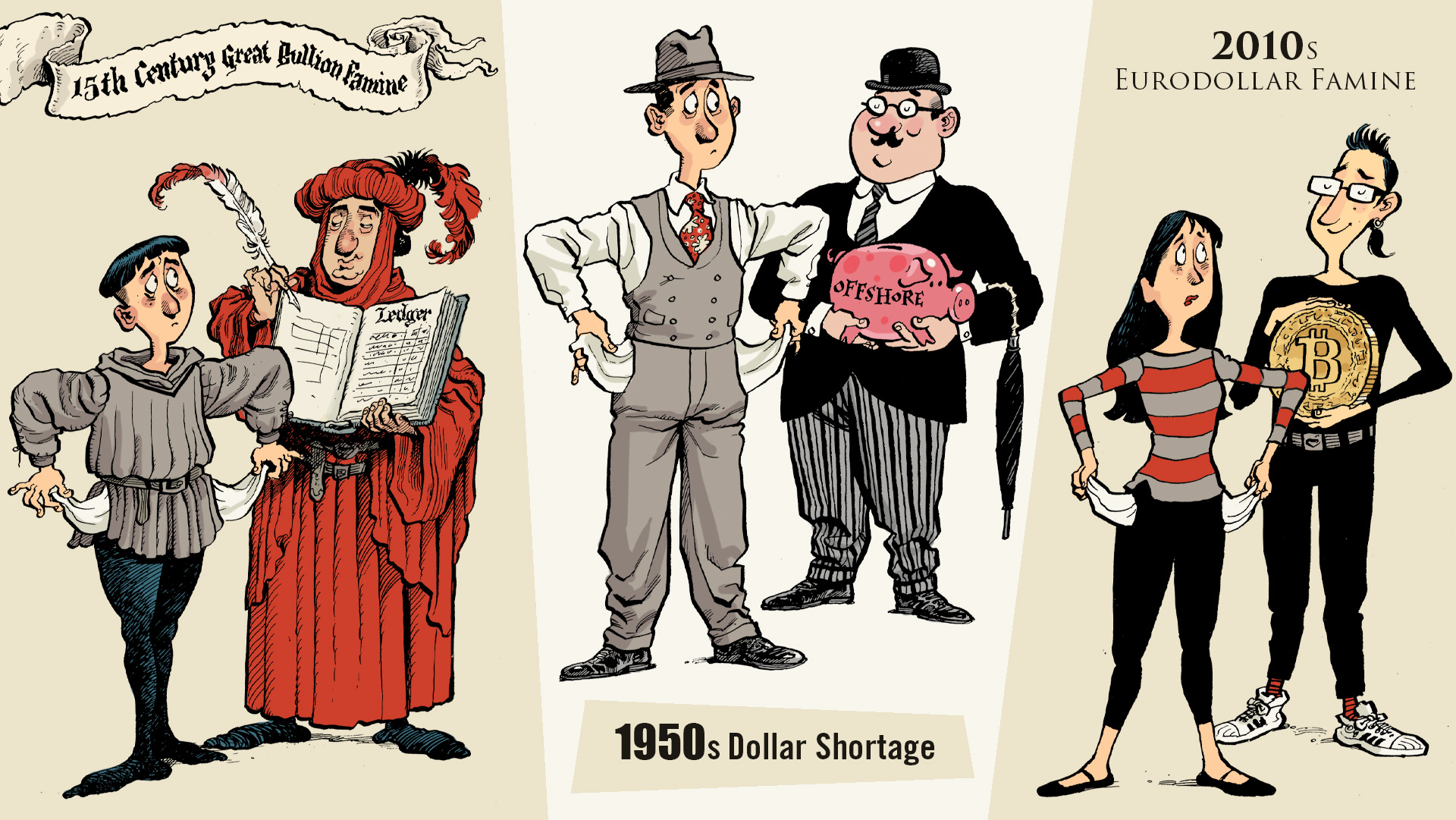There’s (still) A Ghost On The Monetary Throne
Dark leverage, that’s the real stuff. In a ledger-based monetary system, money creation comes from expanding leverage. Simple. Clean. Obvious. How it gets done, that’s the genius, the beauty, and the disaster. Call it money of account, or ghost money, fictional currency, whatever. It’s the secret sauce which, when you see it, you just can’t un-see it. This is the [...]


Stay In Touch